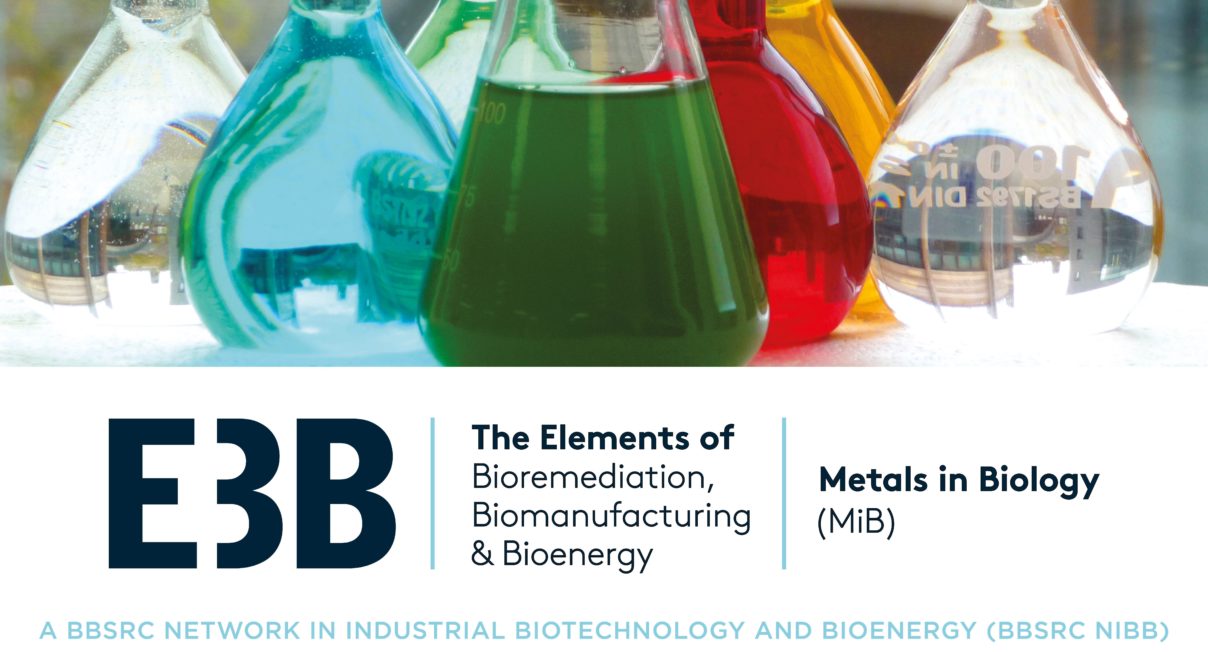Publications
Here is a list of research papers funded or partly funded by the Network. More papers will be added as projects complete.
Two distinct thermodynamic gradients for cellular metalation of vitamin B12
Metalation: nature’s challenge in bioinorganic chemistry
Plants to mine metals and remediate land
Hyperaerated metalation calculator for E. coli strain JM109 (DE3) grown in LB media
Protein metalation in a nutshell
Metalation calculators hosted on the E3B website
